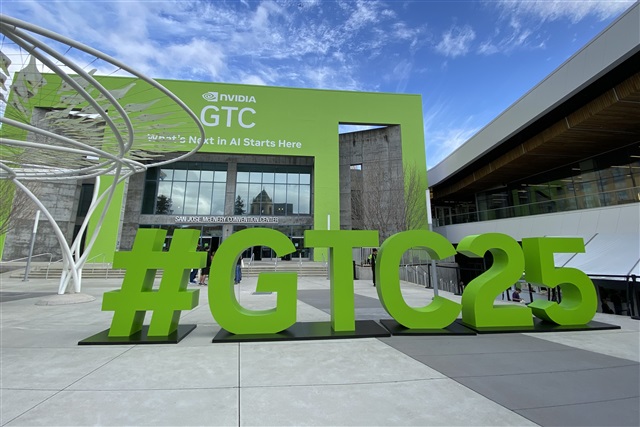Recent surveys indicate that Apple still leads iOS in all aspects except volume.
- Recent work by Flurry shows that while Android is now the runaway volume leader in the mobile ecosystem race, it still lags when it comes to usage.
- Market leadership has swapped back and forth over the course of 2012 but it is now firmly in Android’s hands and shows no signs of changing again any time soon.
- When one adds smartphones (where Android is the runaway leader) and tablets where iOS utterly dominates one finds that Android now has 53% market share and rising.
- Other smartphone OSs are, for the moment, remain a rounding error.
- However, when one looks into app. usage another story emerges.
- Total usage (sum of all app usage on all devices) shows that Android, which almost reached iOS levels a year ago, is now at 80% of iOS and falling.
- This data fits with less recent data that shows that Android devices at the same price point are generate less traffic than iOS devices although this gap has been closing.
- I see a number of reasons for this:
- Demographics. Android devices are purchased by much less affluent users. Hence they have less money to spend on apps and therefore would in all likelihood spend less time using them.
- Despite this, I am surprised to see Android’s share declining as it is gaining in terms of users and therefore I would have expected total usage should be rising more quickly than it is.
- What this is pointing to is that new users are very low end and use apps so infrequently, that they are causing total usage to grow far slower than units.
- Poor usability. Android scores badly on Radio Free Mobile’s Three Laws of Robotics analysis (www.radiofreemobile.com/research). The experience is tricky and frustrating to use and set up and app discovery and use still far lags that of OS or even Windows Phone.
- I believe that this is a major factor inhibiting usage and is by far Android’s greatest weakness when it comes to potential market share loss.
- Fragmentation. Android is very fragmented. So fragmented in fact that I estimate that only 32% of Android devices are really capable of delivering a decent Google experience.
- With the growth increasingly in the very low-end and in emerging markets, this trend is unlikely to change much going forward.
- This further underpins my view that Android looks very vulnerable.
- When first time users come to select another handset, all the data I have seen convinces me that they will be open to considering something else as long as it comes at the same price point.
- Here Windows Phone or a mid-range iOS device have scope to take share from Android as their ecosystems score much better when it comes to ease of use and user delight.
- Microsoft, Nokia and Yahoo! remain the companies with most scope to surprise on the upside and are were I would look to get involved when investing in the mobile ecosystem race.









Blog Comments
Fragmenation in Smartphones - an iOS or an Android Problem? : BlogGeek.me
June 18, 2013 at 1:02 pm
[…] Richard Windsor on Radio Free Mobile, who usually thinks Android is crap when it comes to the user experience, had this to say about the comparison of Android to iOS: […]